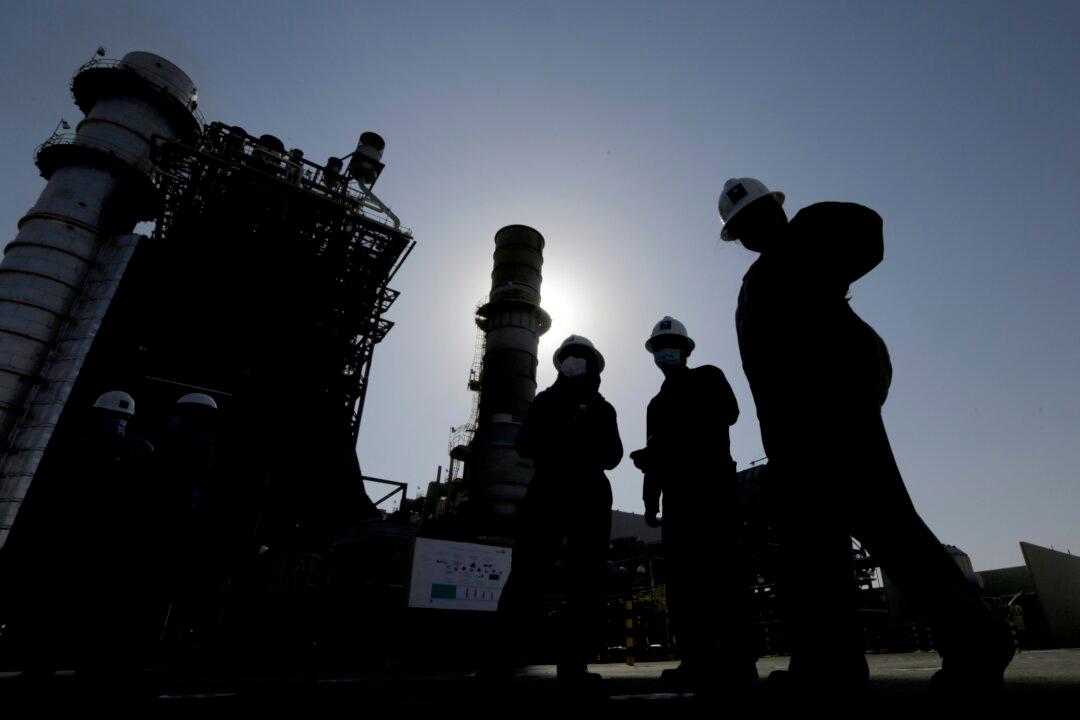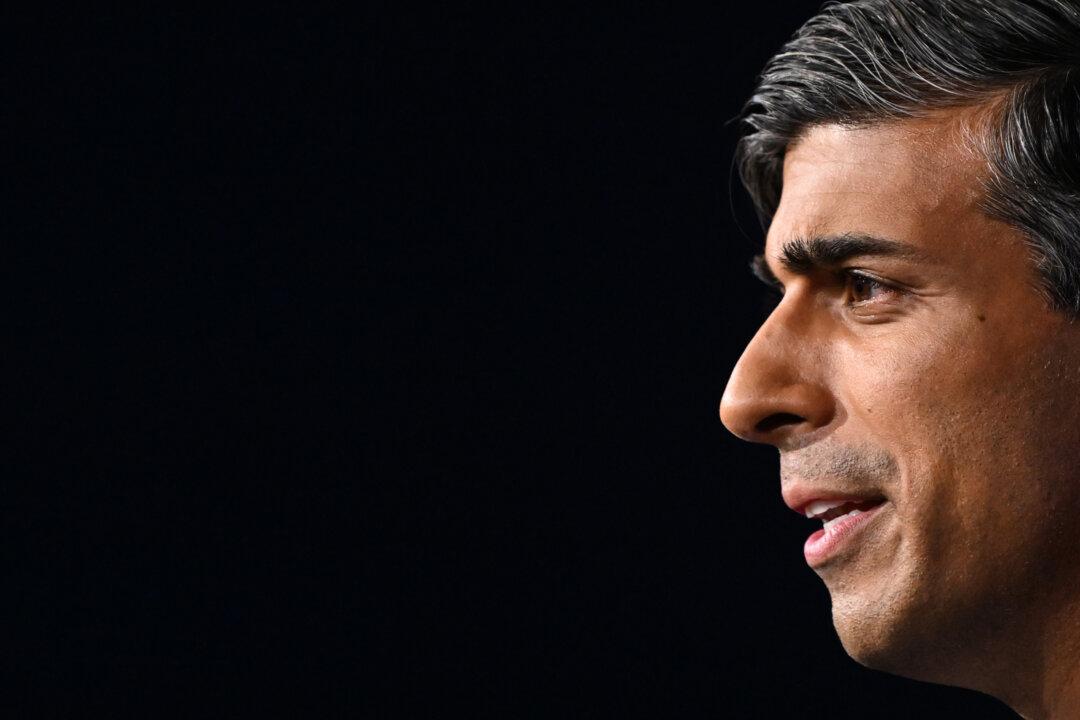Commentary
In his essential book, “How the World Really Works,” scientist Vaclav Smil writes of modern urbanites’ profound ignorance about the energy and material requirements of the modern world. “We are a fossil-fueled civilization,” Smil writes. “We cannot simply walk away from this essential determinant of our future in a few decades, never mind years.” Smil ascribes the delusive belief that society can forsake fossil fuels to a commingling of fact and fiction, making gullible minds susceptible to cult-like visions.





